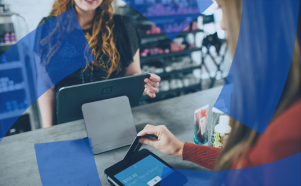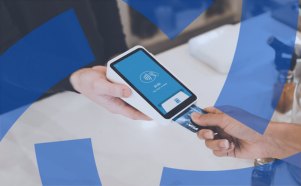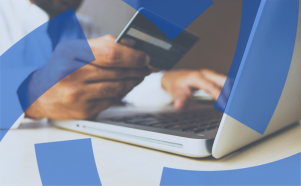Provisional Credit Reversal: What It Is & How It Works

What Is Provisional Credit?
Provisional Credit is a temporary credit issued by financial institutions to a consumer’s account. The goal is to keep customers happy while allowing them to purchase confidently with their credit card. These typically occur when a customer’s bank reaches out to them to verify a charge on their account. This helps protect them against credit errors or potential fraud charges. Provisional credits are temporary while the bank investigates the payment issue or disputed payment.
How Provisional Credit Reversal Works
Have you noticed a decreased amount in your business’ account? Are you facing unexpected chargebacks? Provisional Credit Reversal occurs when a customer’s bank withdraws a Provisional Credit after an investigated payment dispute. These are often withdrawn due to fraudulent charges on a customer’s account or merchant errors that result in a transaction. The best way for merchants to avoid these withdrawn amounts is by putting measures in place to avoid the chance of Provisional Credit. Such measures include being transparent with customers about charges and ensuring security during transactions.
Consumer Rights in the Reversal Process
Consumers possess specific rights throughout the Provisional Credit Reversal process. Credit card issuers disclose the rights of consumers to them when they create and account with that bank. They will also investigate any matters leading to Provisional Credit. This helps maintain a strong relationship between consumers and the card issuer, so consumers feel confident to continue making transactions with their credit card.
Consumers also have the right to dispute a Provisional Credit reversal that they do not believe is correct or fair. They would need to support their claim with evidence. It is important that merchants understand that Provisional Credits can be reversed, which can lead to a dip in the merchant’s account.
Provisional Credit vs. Chargebacks
While Provisional Credit and Chargebacks both address unauthorized transactions, they differ significantly in their nature and implications. Chargebacks are commonly associated with business transactions, where a consumer disputes a charge directly with their card-issuing bank. In contrast, Provisional Credit is a practice specific to individual consumers, offering a temporary credit during the investigation of a dispute.
Small Business Chargeback Fees
Small businesses may experience chargeback fees when transactions are disputed. These chargeback fees impact the profitability of a business, which can especially harm businesses that operate within thin margins. By understanding how Provisional Credit works, businesses can become aware of risk and put measures in place to minimize financial losses.
Chargeback fees can be particularly challenging for small businesses. When a consumer disputes a transaction with their bank, and the chargeback is approved, the business not only loses the sale but may also incur additional fees. This double impact can be financially burdensome, emphasizing the importance of robust transaction monitoring and dispute resolution processes for small businesses.
Tips for Navigating Provisional Credit Reversals
- Keep detailed records of any transactions. If there are any transactions disputing, you will be able to promptly respond on the matter to clear up any miscommunication or misunderstandings. In some cases, this could protect you from a reversal.
- Maintain transparency with your customers. Being transparent with all charges that a customer will face can help avoid disputes from coming up later.
- Ensure security. By following PCI compliance and putting security measures in place to collect data, you can safeguard both yourself and customers from fraudulent charges.
- Prioritize customer satisfaction. This is a major thing that can lead to less disputed charges in the future. Customer satisfaction ensures that they are satisfied with the charges made and fully understand what the charges were for.
Related Posts
24 January, 2024
A payment processor manages the logistics of credit card payments. After a customer or…
25 January, 2024
Small business owners who accept card payments for products or services may…
24 January, 2024
Credit card processing fees are fees that small businesses pay to the…
24 January, 2024
25 January, 2024
27 January, 2024
Credit card processing fees are fees that small businesses pay to the…
Small business owners who accept card payments for…
A payment processor manages the logistics of credit card payments. After a customer or…




